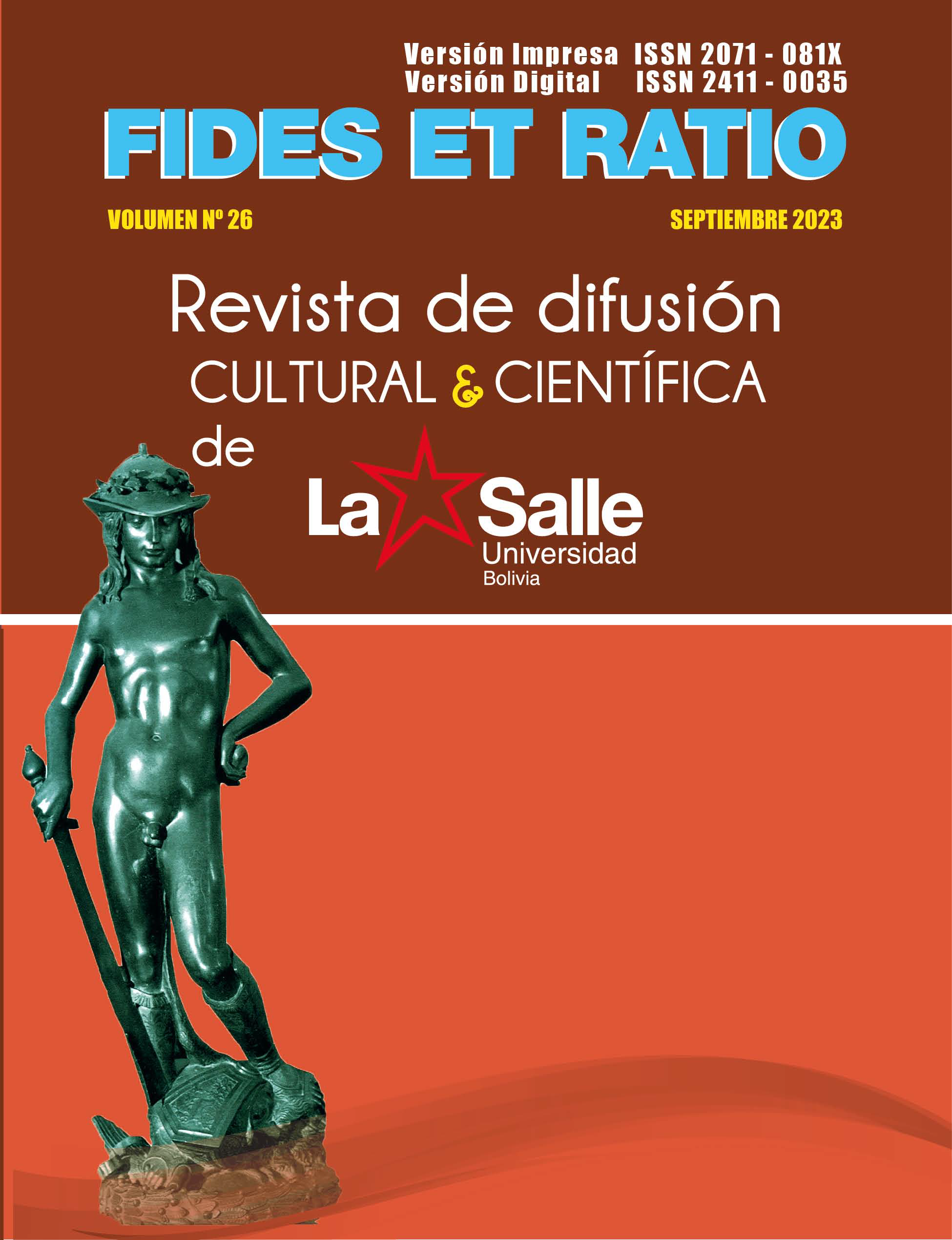Ministries of Culture from Andean Community of Nations: Digital Engagement in Facebook
- Authors
-
-
Edgar Romario Aranibar Ramos
, Universidade de São Paulo, BrasilAuthor -
Roberto Guillermo Ramos Castillo
, Universidad Nacional del Altiplano, PerúAuthor -
Rosy Melany Parizaca Ninaja
, Universidad Nacional de San Agustín de Arequipa, PerúAuthor -
Luis Carlo Zanabria Cabrera
, Universidad Tecnológica del Perú, PerúAuthor
-
- Keywords:
- Cultural policy, digital engagement, Andean Community of Nations, digital governments, comparative study, virtual societies
- Abstract
-
Culture is essential for individual and collective identity construction, just as it contributes to economic development. Consequently, States present institutions responsible for its promotion, appreciation and preservation. In addition, recognizing the accelerated digitization of services and products, strengthened by the health crisis of COVID-19; States have enhanced the use of digital platforms for communication with their citizens. In response, it seeks to understand the involvement and participation of the digital society in the contents of Colombia, Bolivia, Peru and Ecuador ministries of culture Facebook accounts, to identify which types of posts develop greater engagement, of which there is a cultural apprehension. The method used was nethnographic, non-experimental and phenomenological; content analysis was used, approaching it descriptively and inferentially to derive truthful inferences. onvergences and divergences were identified between theory and digital engagement; the number of posts does not represent a relationship with the number of reactions, comments, or shares, so the quality of the content and other factors are influential. Furthermore, of the four countries, the highest content production is in Colombia, followed by Peru, Bolivia and Ecuador.
However, Peru has the greatest digital involvement. - Downloads
-
Download data is not yet available.
- Author Biographies
- Downloads
- Published
- 2023-09-28
- Section
- Artículos
- License
-
Copyright (c) 2023 Universidad La Salle

This work is licensed under a Creative Commons Attribution-NonCommercial-ShareAlike 4.0 International License.
How to Cite
Most read articles by the same author(s)
- Edgar Romario Aranibar Ramos, Daniela Yerdely Huachani Licona, María Yulidsa Zúñiga Chávez, Feminine Entrepreneurship in Peru: Strengths and Weaknesses to its Sustainability , FIDES ET RATIO: Vol. 23 No. 23 (2022): Fides Et Ratio
- Edgar Romario Aranibar Ramos, Davis Alexander Ramos Ramos, Anthony Hugo Ramirez Mendoza, Joly Zegarra Cáceres, The Impact of Technology on Tourism: A Scientometric Analysis and Review , FIDES ET RATIO: Vol. 28 No. 28 (2024): Fides Et Ratio










